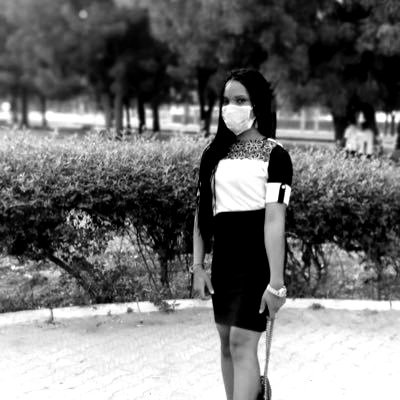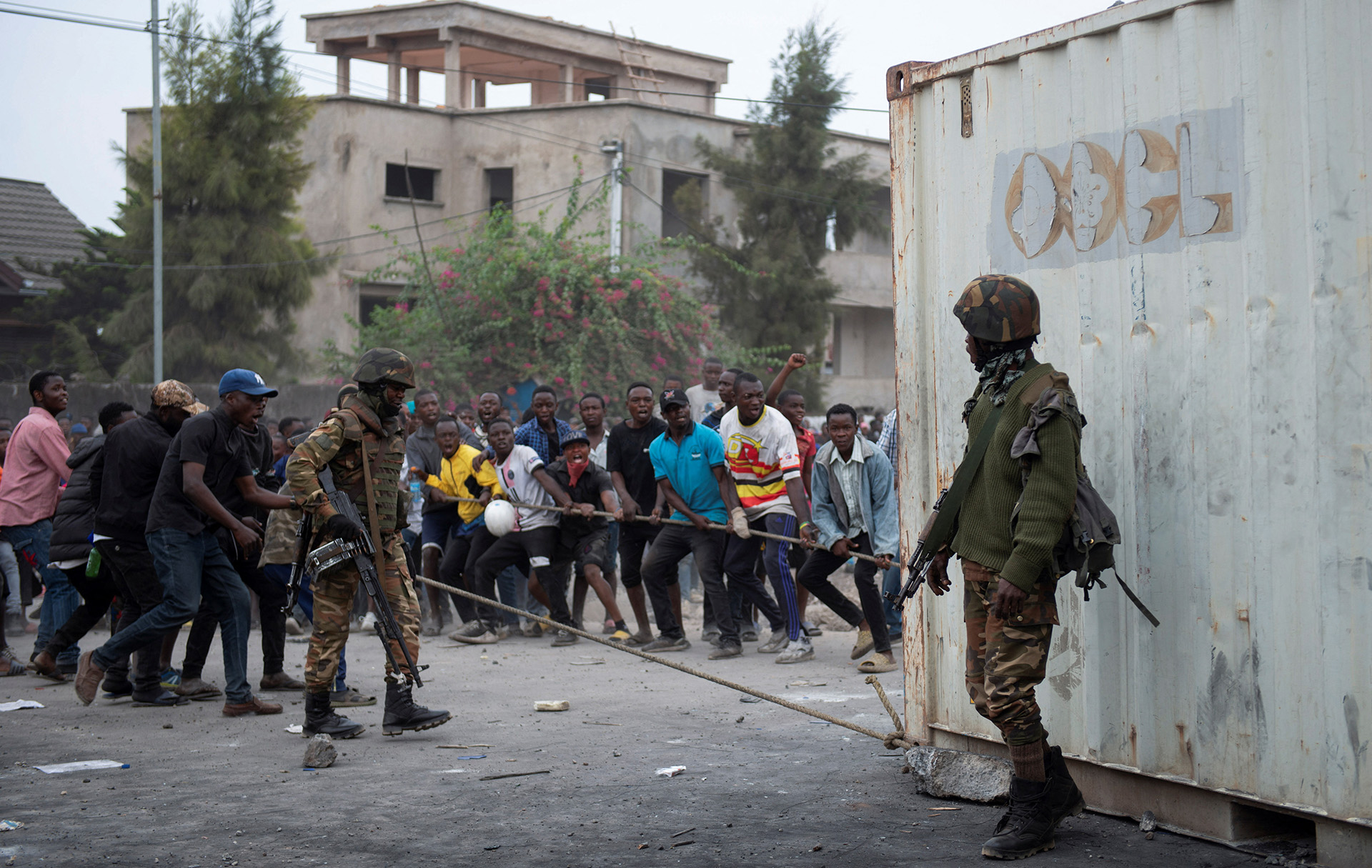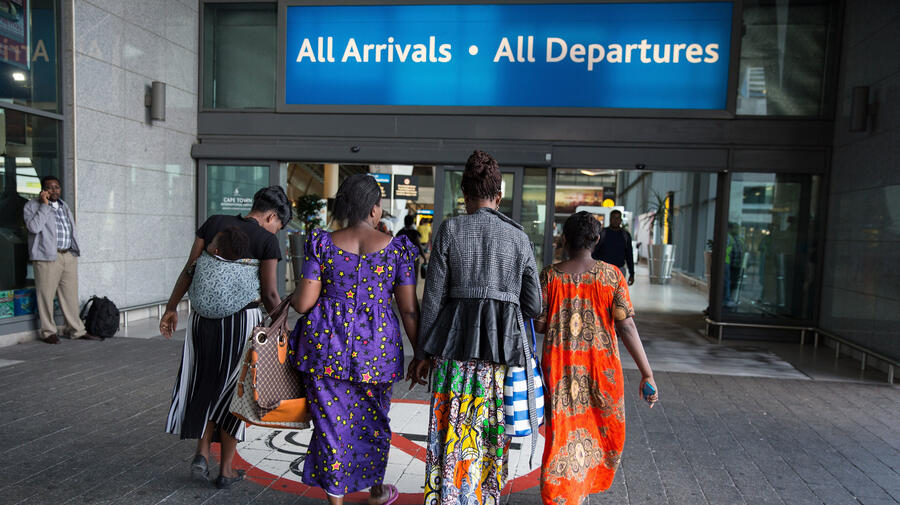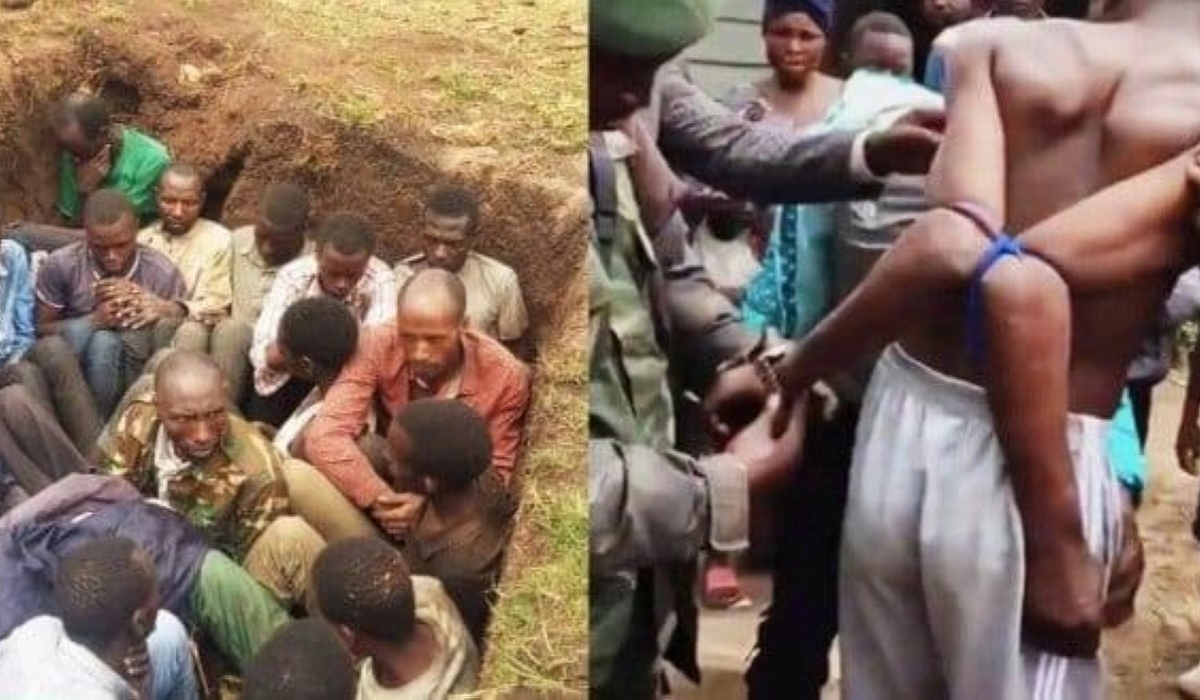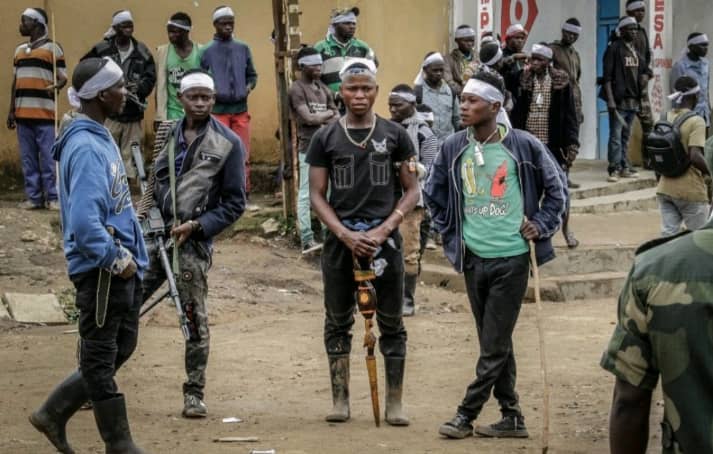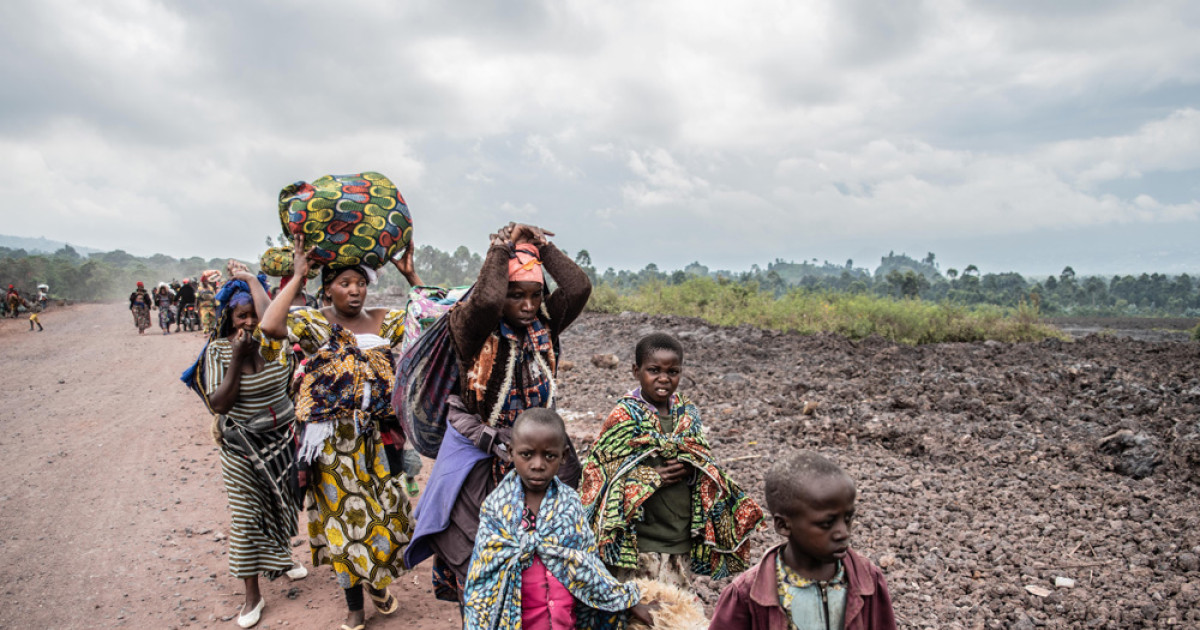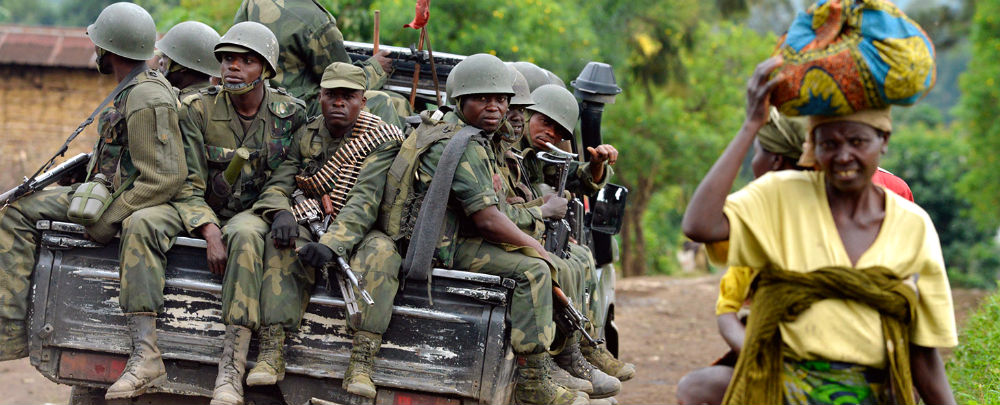Regional
DRC problems existed decades before M23 resurgence
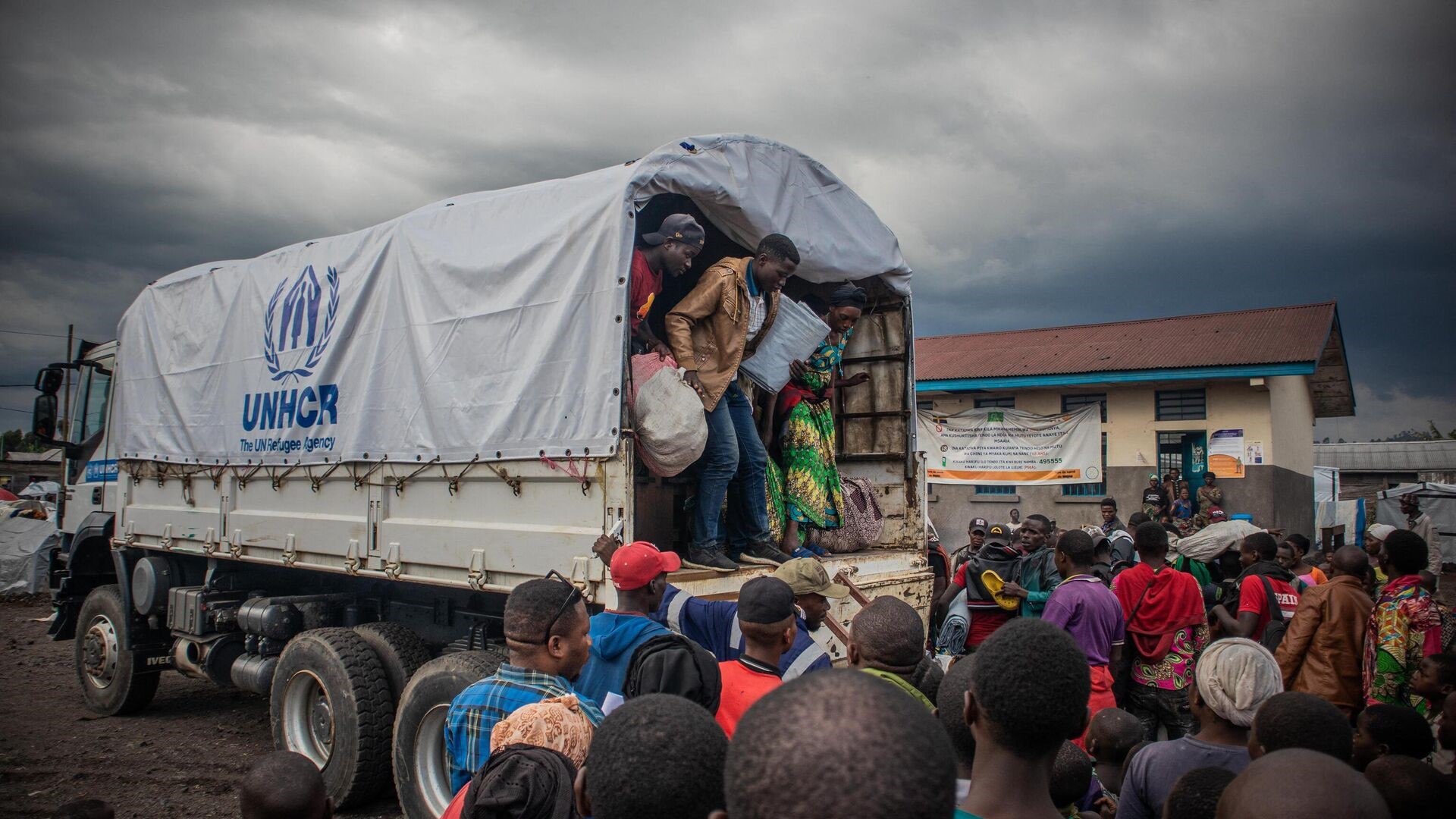
Conflict and insecurity in the Democratic Republic of Congo forced millions of people to flee their homes.
The
east of the Democratic Republic of Congo (DRC) has been volatile for more than the
past three decades.
Causes
of the ongoing conflict in eastern DRC include the country’s poor governance, corruption
among government officials, and the failure of the country’s political
establishment to ensure security for the population.
The existence
of foreign and local armed groups which sustain themselves from illegal mining
revenues is merely a symptom of a larger problem. It is not the root cause of everything
going wrong in a country considered to be the world's richest country in terms
of wealth in natural resources.
Most
of the raw mineral deposits remain untapped and are worth an estimated $24
trillion. These deposits include the world's largest coltan reserves and
considerable amounts of cobalt.
But DRC
is among the five poorest nations in the world, according to the World Bank. In
2022, nearly 62% of Congolese, around 60 million people, lived on less than
$2.15 a day.
Related: What
makes DRC a safe haven for terror groups?
However,
too often, when regarding the conflicts in the country, the international
community and observers, like to assume that they are dealing with conflicts orchestrated
by DRC's neighbors, who, it is always alleged, are backing rebel movements.
Congolese officials are, especially, always quick to shift the blame of all
their insecurity issues to Rwanda.
While
attending the Organisation Internationale de la Francophonie (OIF) meeting in
Yaoundé, Cameroon, Rwanda's Minister of Foreign Affairs Dr Vincent Biruta,
pointed out that the Congolese government has gotten into the habit of accusing
Rwanda for the notorious governance failures that characterize their country.
A
Congolese official had just told delegates at the Ministerial summit that
Rwanda is backing rebels in his country and causing trouble. Kinshasa continues
to allege that Kigali supports the M23 rebellion, a rebel movement formed by members
of the persecuted Congolese Tutsi ethnic group in eastern DRC that has been
denied rights to citizenship.
The
Congolese government spreads a narrative that they are Rwandans and labels them
as terrorists so that it avoids peace talks with them. More than 80,000 of
their people live in refugee camps in Rwanda, while thousands others are in
Uganda and other countries.
In Yaounde,
Biruta could not let the Congolese official’s lies go unchecked.
He
told delegates that the Congolese official “forgot to tell you that there are
more than 200 armed groups in the east of the Democratic Republic of Congo,
including genocidal armed groups like the FDLR.”
The
FDLR is a US-sanctioned terrorist group formed by remnants of the perpetrators
of the 1994 genocide against the Tutsi in Rwanda.
“Even
before the resurgence of this armed group the M23, the government of the
Democratic Republic of Congo had announced a state of siege North Kivu, and
Ituri; that was in May 2021. This means that these problems existed well and
truly before the resurgence of the armed group he cited,” said Biruta.
The
M23 is a Congolese rebel group that resurged in November 2021. This was after
nearly a decade of silence following their defeat in 2013. The rebels are far
from being the sole cause of the DRC conflict. They are fighting for a genuine cause;
their rights to life and establishment as any other Congolese citizens.
Related: Why
the M23 rebels are fighting
Since
the 1990s, Congolese officials, security forces and citizens, have persecuted,
looted their cattle and massacred hundreds of thousands of Rwandophones with
the allegations that the Congolese Tutsi community is trying to balkanize
eastern DRC.
The
current violence and hate speech perpetrated against Tutsi Congolese is mainly
the result of the refugee crisis which led to the flight of many criminals - involved
in the 1994 genocide against the Tutsi in Rwanda - to eastern DRC, and forming
the FDLR in mid 2000.
Many Congolese
Tutsi have been fleeing, this imported hate by génocidaires, to neighboring
countries while others are constantly being internally displaced.
Knowing
that if Kinyarwanda-speaking Congolese don’t fight, they will all be
exterminated, the M23 rebellion took up arms again to defend themselves against
this existential threat.
The
rebels’ demands to their own government have been simple; to be integrated in
the national army, protect the lives of Congolese Tutsi and be recognized as
legitimate Congolese citizens.
Instead
of actually solving the real issues and causes of the conflict for the past
three decades, Kinshasa chooses to blame the M23 rebels, while accusing Rwanda
of supporting them; simply because it’s the easiest way out of taking
responsibility of their own failures.
In May 2021, the Congolese government decreed a state of siege in North Kivu and Ituri Provinces. This saw military authority replacing civilian rule, in an attempt to restore order in the volatile region of the country.
However, the state of siege has been characterized as
‘unlawful’ and has contributed to the worsening of the human rights
situation in the country - a failure Kinshasa refuses to admit.
The
Congolese government should take the courage to accept the political solution
proposed by various regional mechanisms.
Regional
leaders have voiced their support for both the Nairobi and Luanda peace
initiatives, aimed at bringing peace in eastern DRC.
But Kinshasa tends to shift goalposts whenever regional leaders agree on the way forward.
Though blessed with every type of mineral – yet
consistently rated lowest on the UN Human Development Index – the DRC will
always be the country where even the more fortunate live in grinding poverty if
its leadership never stops living in denial.
The DRC’s enemy is not Rwanda, or Uganda, or any
other neighbours.
The enemy is within the country. It is bad and
ineffective leadership.


